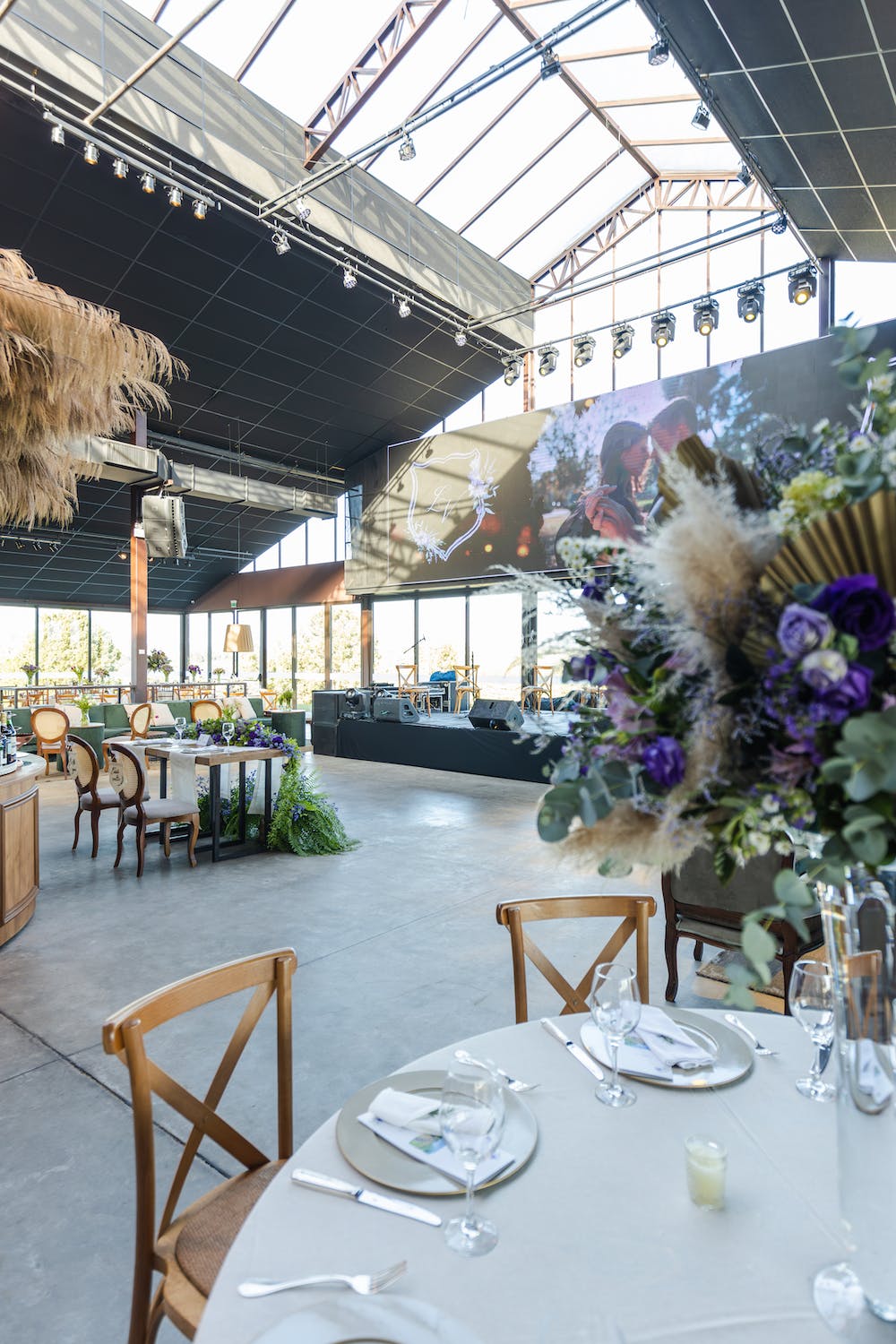

Choosing an event venue: factors to consider
Creator Edu@creatoredu
2 years ago
Determine the type and purpose of your event, the number of attendees, and your budget. Consider the objectives you want to achieve with the event, such as networking, education, entertainment, or product launch.
1. List all the requirements and amenities you need for your event, such as audio-visual equipment, catering, parking, accessibility, and space layout.
2. Start researching potential venues that align with your event's needs and objectives. You can use various resources, including online searches, event venue directories, recommendations, and local event planning professionals.
3. Consider the location's accessibility for your target audience. Look at factors like proximity to airports, public transportation, and hotels. Choose a location that is convenient for your attendees.
4. Ensure that the venue can comfortably accommodate your expected number of attendees. Don't forget to consider factors like seating arrangements, stage setup, and space for exhibits or booths if needed.
5. Examine the layout of the venue to see if it fits your event concept and requirements. Some venues may be more suitable for a conference setup, while others may work better for a gala or trade show.
6. Evaluate the facilities and services offered by the venue, such as audio-visual equipment, catering options, parking, Wi-Fi, and technical support. Check if they can provide what you need or if you'll need to bring in additional vendors.
7. Make sure the venue rental fees fit within your budget. Be aware of any hidden costs, such as service charges, taxes, or additional fees for overtime.
8. Research the venue's reputation by reading reviews, getting referrals, and checking for any past event experiences. A reputable venue with positive feedback can provide peace of mind.
9. Schedule a site visit to inspect the venue in person. This is crucial to assess the physical condition, ambiance, and any potential issues that may not be apparent in photos or descriptions.
10. Once you've shortlisted a few venues, negotiate the terms and pricing with the venue management. You may be able to negotiate a better deal, especially if your event is during non-peak times.
11. Review the venue contract in detail. Ensure it includes all the agreed-upon terms, rental periods, cancellation policies, and any additional requirements or restrictions.
12. Ensure that the venue is accessible for all attendees, including those with disabilities. If necessary, provide information about nearby accommodations and transportation options.
13. Choose a venue that is willing to accommodate changes and adjustments as your event planning progresses. Flexibility is essential for a successful event.
14. Once you've made your decision and negotiated the terms, secure the venue by signing the contract and paying any required deposits or fees.
